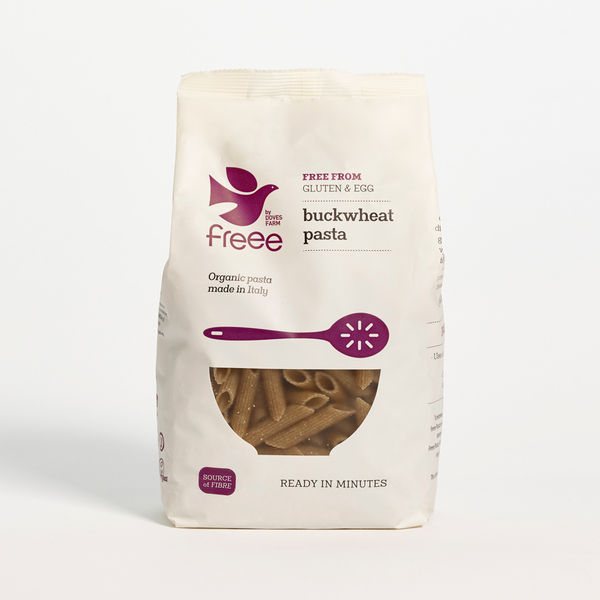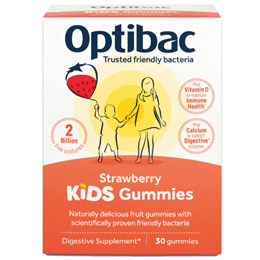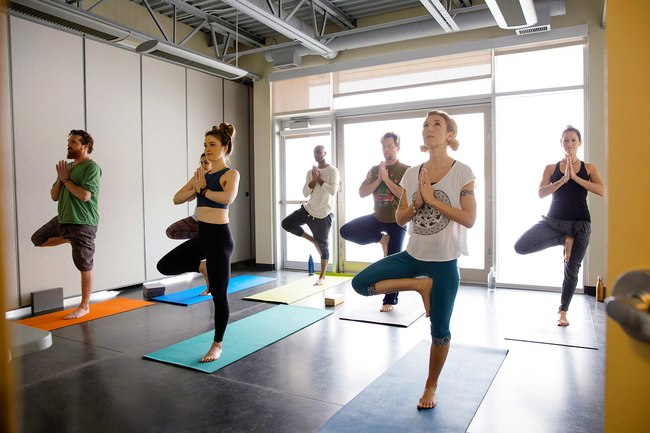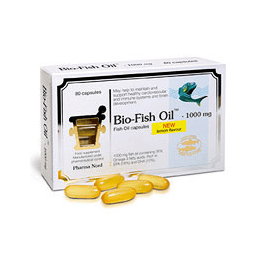The best way to get the vitamins, minerals, and other nutrients you need isn’t with a shopping spree at your local drugstore. It’s from food.
A good, balanced eating plan — filled with fruits and vegetables, low-fat dairy, lots of fluids, healthier oils, good proteins, and whole grains — should do the trick.
Still, many older adults have a hard time sticking to a healthy diet. There could be many reasons, like:
Lack of appetite
Trouble chewing
Fixed budgets
Trouble finding healthy foods
Add in that your body doesn’t work quite as well as it used to, and climbing Mount Nutrition can be tough.
Supplements might be an option. As part of a plan you and your doctor make, they can do just what their name says — fill in the gaps in your diet.
But they aren’t always the answer. Take vitamin A — important for healthy eyes, skin, and immune system.
“Vitamin A is somewhat of a controversial vitamin because you can get toxic from it,” says Ronni Chernoff, PhD, associate director of the Arkansas Geriatric Education Collaborative.
Too much of it can cause nausea, headaches, dizziness, and other symptoms. She adds that older people are more likely to have those when they take too much because their bodies don’t deal with the vitamin as well.
“If you take a vitamin that is designed to be a once-a-day supplement, that’s OK,†Chernoff says. “But you don’t want to take five of them a day.â€
After talking with your doctor, if you decide you need a multivitamin, get a complete supplement, one that provides 100% of the recommended amounts of vitamins and minerals.
Take extra care when you:
Take more than one supplement
Use a supplement in place of medication
Take them along with over-the-counter or prescription drugs
“You want to make sure your left hand knows what your right hand is doing,†says Joan Salge Blake, EdD, clinical associate professor of nutrition at Boston University.
























